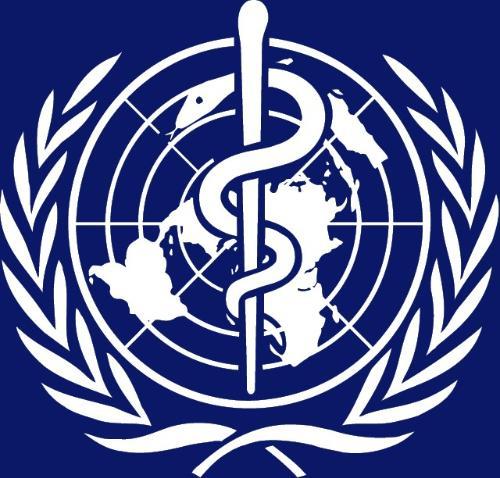Climatic Change Will Impact Human Health, Says WHO
The World Health Organisation (WHO) has warned that the global warming will have a serious impact on the health of Indian people.
will have a serious impact on the health of Indian people.
In its report, WHO stated that vector and water-related illnesses are on the rise in the northern area of the country due to climatic changes.
The WHO also said that the six major health fears expected to occur because of the changes in the climatic conditions in India include respiratory diseases, vector-borne diseases, water-borne diseases, malnutrition, injuries and psychological stress.
While discussing about the “grave” results of climate change on human health, WHO representative in India Salim Habayeb stated, “The window of transmission for a disease like malaria would go up by nearly three months. Other vector-borne diseases would see a rise in northern region of the country."
While talking to the news persons on the occasion of World Health Day, Samlee Pilanbangchang, WHO regional director said, “Air quality will suffer greatly and respiratory diseases will increase."
"Heat waves will be more intense and of longer duration, mainly affecting the most vulnerable populations in children and elderly through heat strokes and cardiovascular complications,” Mr. Samlee added.
He also said that the six health problems are likely to be affected by climate change in the region.
The World Health Organization also warned that numerous people could face poverty, disease and hunger as a result of rising temperatures and changing rainfall likely to hit poor countries the hardest.
The WHO also advised that while in Bangladesh, the rice and wheat production might drop by 8% and 32%, respectively, by the year 2050, for India, recent studies forecast a 2-5% decrease in yield potential of wheat and maize for a temperature rise of 0.5 to 1.5°C.
“The net cereal production in South-East Asian countries is projected to decline by at least 4 to 10 per cent by the end of this century under the most conservative climate change scenario,” it said.
Warning administrations against taking the risk of climate change calmly, R.K. Pachauri, chairperson of the Inter-Governmental Panel for climate change, said, “Though as of now there is no evidence to link the changing disease patterns to climate change, if we wait for evidence before taking any action, it might be too late.”